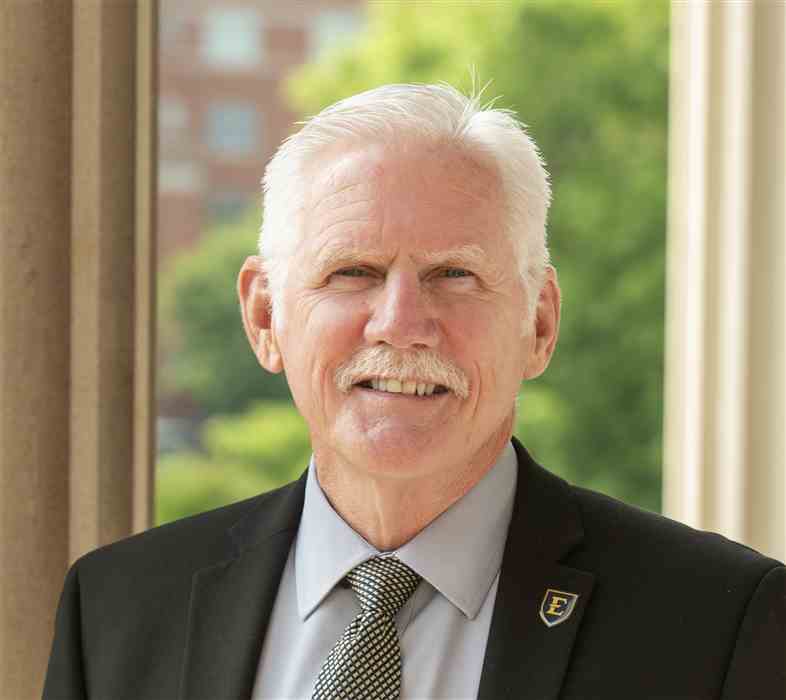This week on Rural Health Leadership Radio we are talking about breaking the intergenerational cycles of poverty and education, and any other continuous cycle that has a negative impact on health and wellbeing. We are having that conversation with Dr. Randy Wykoff, Dean of the College of Public Health, and Director of the Center for Rural Health Research, at East Tennessee State University.
“If we can’t break the intergenerational cycles of poverty, we’re not going to be effective in improving rural health.”
~Randy Wykoff, MD
Randy Wykoff, MD, MPH & TM became the founding dean, College of Public Health at East Tennessee State University in 2006. He is a physician, board-certified in both Pediatrics and Preventive Medicine, with additional training and certification in Tropical Medicine. He teaches courses in Social Justice, Public Health Leadership, and in various aspects of applied public health, and he lectures extensively on the social determinants of health.
His research focuses on the inter-relationship of poverty and health, with a specific interest in how to improve the health status of people living in poor and/or rural areas. In 2019, he was asked to Direct the newly created Center for Rural Health Research.
Prior to his current position, he served as Senior Vice President for International Operations at Project HOPE, overseeing health education, disaster response, and humanitarian programs in over 30 countries around the world.
He previously served as the Deputy Assistant Secretary for Health (Disease Prevention and Health Promotion) in the US Department of Health and Human Services. In this position, he oversaw the release and implementation of Healthy People 2010, and the Surgeon General’s first Call to Action to Prevent and Decrease and Overweight and Obesity, and served for one year as the acting Executive Director of the President’s Council on Physical Fitness and Sport.
He served for 11 years at the Food and Drug Administration, holding the positions of Associate Commissioner for AIDS and Special Health Issues, and, later, Associate Commissioner for Operations. In this latter capacity, he served for 18 months as the deputy to the Acting Commissioner. While at FDA, he also led the Science Team for the Tobacco Working Group, served as the Executive Director of the National Task Force on AIDS Drug Development, and completed a detail with Senator Edward Kennedy and the Senate Labor and Human Resources Committee. He began his career as District Medical Director of the Upper Savannah Health District in the South Carolina Department of Health and Environmental Control, responsible for all public health activities in a rural six-county region.
He and his wife, Janine, have five children.

